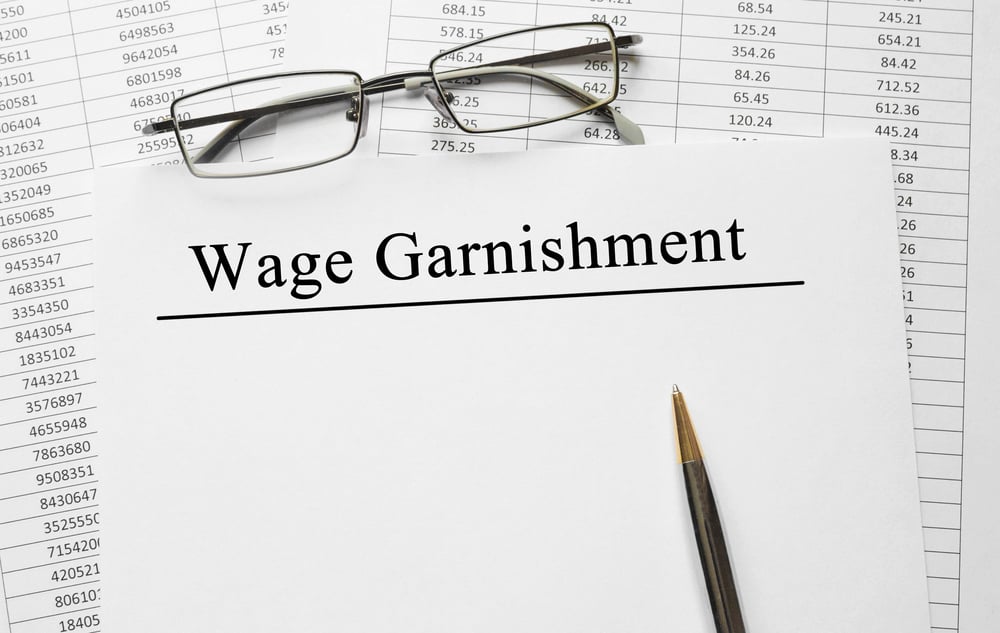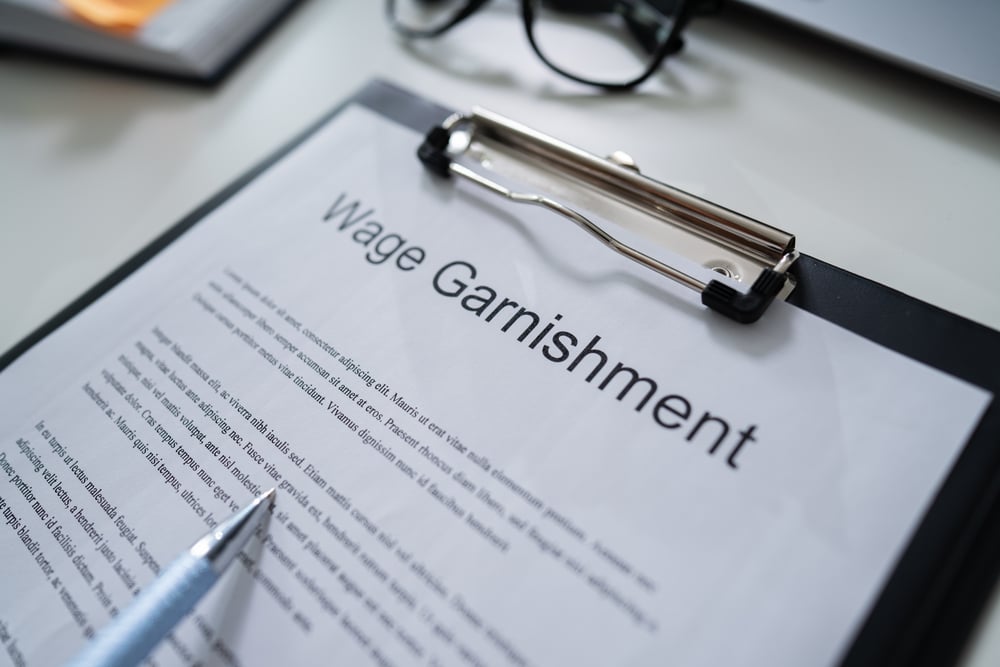Many university students need to take out student loans to pay for their tuition, books, and other school-related expenses. As helpful as these loans are, they also require that borrowers pay them back in due time after graduating or leaving college.
When you fail to make payments or you default on your loans entirely, you invite the federal government to collect on your debt with other means. You can protect your finances and take control of your loans by learning more about student loan garnishments.
Wage Garnishment and Student Loans: What You Need to Know
What Happens During a Wage Garnishment Hearing?

Creditors are ready to take whatever steps are necessary to collect on money that is owed to them. When you are unable to pay off a debt entirely, your creditor may petition the court to have your wages garnished.
Read More >My Wages Are Being Garnished - What Happens to My 401K?

The IRS has the duty to make sure you pay every cent that you owe in taxes. When you have an outstanding tax debt, the IRS will utilize a variety of collection methods to settle the amount.
Read More >Can I Have Two Wage Garnishments at One Time?
When you owe multiple creditors, you may find it difficult to keep up on payments and get your accounts paid off in full. Despite your best efforts to pay, your creditors may choose to garnish your wages.
Read More >How Long Can the IRS Continue Wage Garnishment?
From start to finish, an IRS levy can take months, if not years to complete. After it notifies you of its intent to levy your earnings, the IRS can generally continue its collection efforts until it is paid in full.
Even so, you can protect yourself financially and legally by understanding how this process works. This information will help you determine if you should appeal the levy or if you can satisfy the debt through other means.
4 Tips to Appeal an IRS Wage Garnishment

Being in default to the IRS is entirely different than owing money to a credit card company or a hospital. In fact, while most creditors must obtain a court order to garnish your income, the IRS can levy your wages without one.
5 Methods to Prevent Wage Garnishment

Wage garnishments can take away vital income that you need to support your family. Because garnishments can last for weeks or months, this legal action taken by your creditors could make your current financial situation worse and also ruin your credit.
Can You Be Fired for Wage Garnishment?
Wage garnishment is used to collect seriously delinquent obligations by deducting a percentage of earnings directly from an employee's paycheck. If you're facing a wage garnishment, it's important that you find out exactly what your rights are, so that you can protect yourself and prepare for any life changes that may occur if you are fired for wage garnishment.
IRS Wage Garnishment Guide
An IRS wage garnishment is an extremely difficult process to deal with. The federal government has given the Internal Revenue Service the authority to garnish employee earnings, and the agency often resorts to this action in severe cases of back tax debt. Once the IRS begins garnishing your wages, it will generally continue to do so until the entire tax bill is paid in full, no matter how long that takes. Despite its authority, the IRS has to follow certain wage garnishment guidelines.
Common Questions about IRS Wage Garnishment
Have you had your wages garnished by the IRS? If so, you may have several questions about IRS wage garnishment such as how long the process will last and what you can do to resolve it. The prospect of the IRS garnishing your wages can be extremely unsettling, but if you're facing this situation, you can ease some of your concerns by learning what's involved.
SUBSCRIBE VIA EMAIL
POSTS BY TOPIC
- Tax Tips and Help (285)
- IRS Collections (121)
- IRS Audit (72)
- Tax Credits and Deductions (70)
- Tax Resolution (62)
- Business Taxes (54)
- Back Taxes (48)
- Wage Garnishment (21)
- Tax Levies (19)
- IRS Payment Plans (15)
- Tax Liens (14)
- Offer in Compromise (9)
- Unfiled Tax Returns (9)
- IRS Tax Attorneys (7)
- Asset Seizure (6)
- Tax Evasion (6)
- Criminal Tax Defense (4)
- Innocent Spouse Relief (4)
- Alimony (1)







